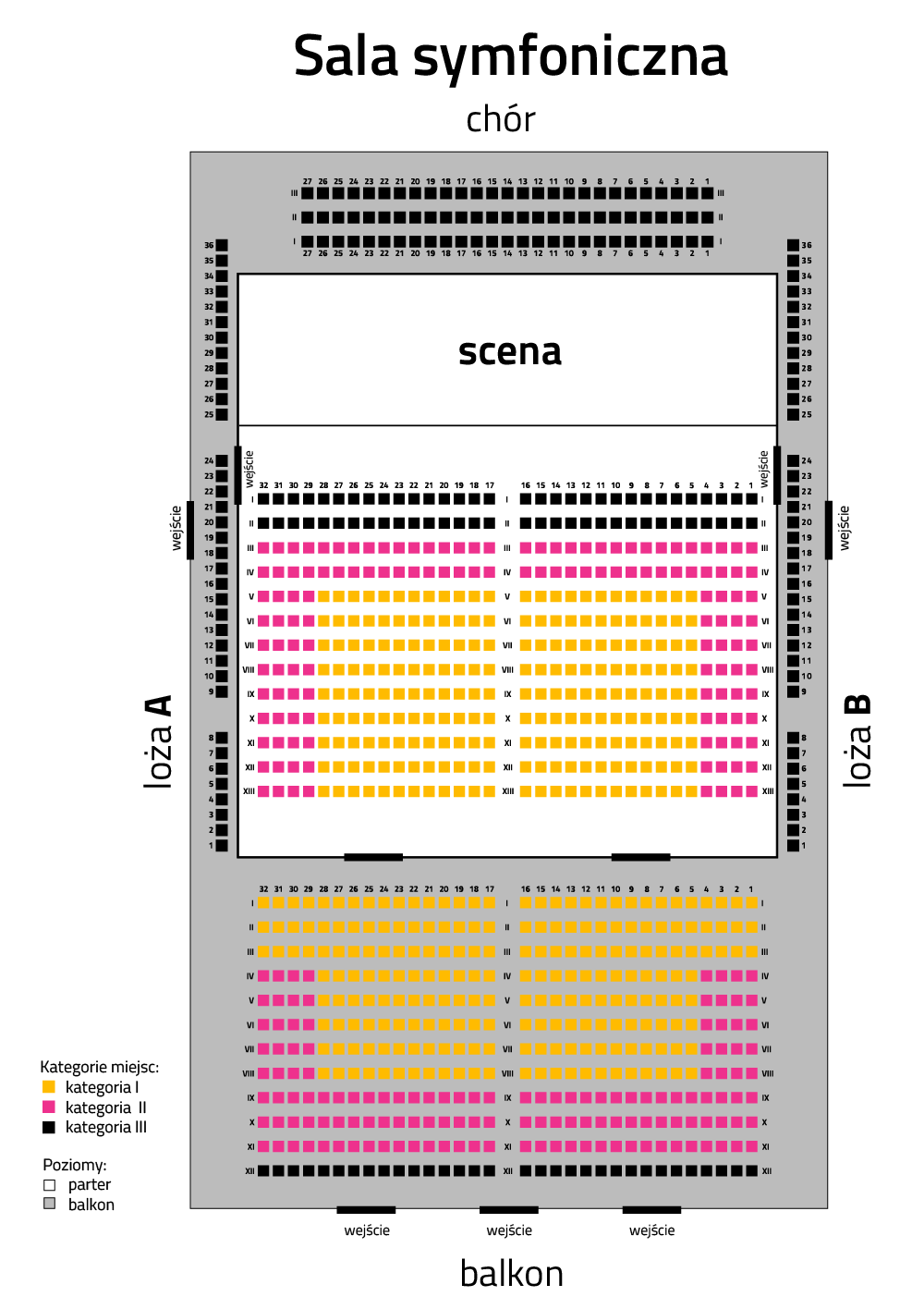Everyone who has watched the film "Amadeus" or Rimski-Korsakov's opera "Mozart and Salieri" knows this story. Who has not seen – has a mandatory position to catch up with during long winter evenings. But be warned about two things. First of all, after watching this movie, Mozart's music will never sound the same way it did before. Secondly, it was not quite like that!
As musicologists claim: "Mozart is simply a God-invented way to make us feel worthless." And although we would not suspect the Lord of such sophisticated malice, the movie Salieri transforms from the zealous Catholic into a blasphemer. He decides to destroy the greatest divine work on earth for which he takes the young Mozart. Being aware of the apparent appearance of his victory, he ends his life in a closed institution. During the last confession, he does not so much examine his conscience as he once again presents his judgment of the true genius and the whole world around him.
It is a fact that in the real world Salieri could feel dimmed by the fame of the younger Mozart. He was not relieved by his profound position as a longtime court musician and composer, nor by the position of the teacher of the greatest creators of the era. He was an intriguer, unscrupulous and opportunistic person. But can we refuse him a genius? Or at least an outstanding craftsman's talent, since he unluckily found himself in a place and time, in which the concept of genius was actually redefined by Mozart?
And the most important question: did Salieri kill? Many theories on this subject have already been formulated. According to some researchers and physicians, the symptoms of Mozart's disease, which led to premature death, may have been indicative of mercury poisoning. Others claim, based on recent findings and analyzes, that Salieri was not guilty, but it was the inflammation caused by Streptococcus, common at that time in Vienna.
However, before the inquisitive historians and musicologists spoil the fun for us by straightening out all the corners of history and putting a dot over every "i", let us listen to the music of Mozart and Salieri and try to add our own ending to this story.
Exhibition available during event:
Lśnienie | Michał ZaborowskiWedług Michała Zaborowskiego malarstwo powinno być sensualne, a nie intelektualne czy analityczne. Powstaje z mieszaniny ducha modela, sytuacji, w jakiej jest uchwycony, oraz światła. Wystawa nasycona będzie zarówno tradycyjnym malarstwem na płótnie, jak i lekkimi, niedopowiedzianymi i spontanicznymi pracami na papierze.
DETAILS
MOZART vs SALIERI | West Side Sinfonietta
20-12-2019 19:00

Symphony HallFilharmonia im. Mieczysława Karłowicza w Szczecinie
ul. Małopolska 48
70-515 Szczecin

